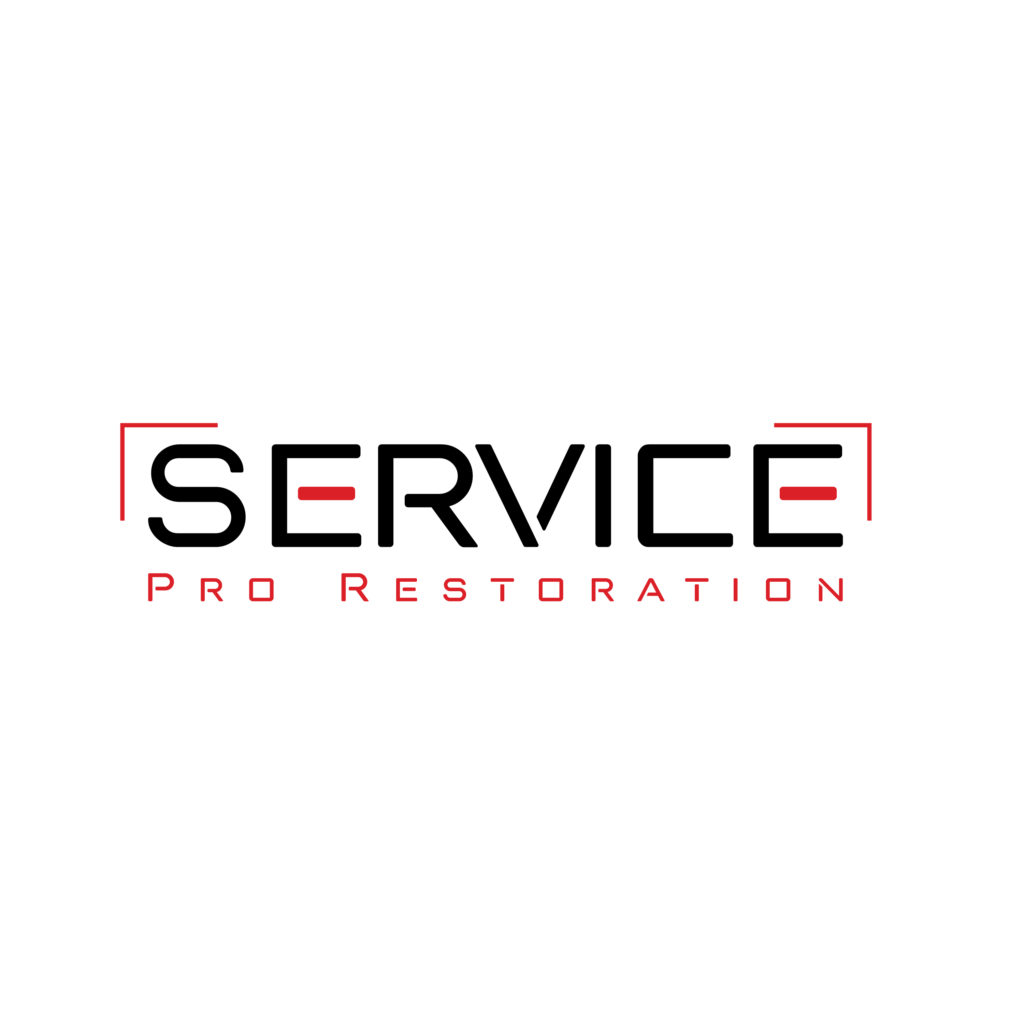How Much Does It Cost Clean Up Sewage?

How much does it cost to clean up sewage? In this article, we’ll go over the costs of sewage cleanup and how to prevent it. We’ll also discuss ways to prevent a sewage backup and symptoms that you should watch for. Hopefully, this information will help you decide how to handle sewage cleanup.
Backup of sewage in your home
If you have a backup of sewage in your home, you should immediately turn off the electricity and call the utility company to shut off the gas line. You should also wait for a professional plumber to arrive. It is important to avoid using the toilets that are connected to sewage lines until the problem is resolved.
When sewage sits in drains for a long time, it can seep into walls, carpets, and floors. To prevent this from happening, you should turn off the production of wastewater from your home. Typically, homeowner’s insurance does not cover sewage damage, but some companies sell additional policies that cover sewer line damage. However, these plans often do not cover damage to personal property.
Cost of sewage cleanup
Sewage cleanup is a high demand service, but it can also be expensive. Depending on the size and location of the leak, bill may range anywhere from $2,000 to $50,000. However, it is possible to reduce these costs. Prevention is the best solution, and it’s much cheaper than cleaning up a leak after it happens.
If you have a blocked drain, the plumber may be able to clean it using a method called hydro jetting. This involves using a high-pressure hose to flush out waste and lingering waste products from a sewer line. In addition to using water, plumbers may also use chemical agents. While chemical agents may be the least expensive method, they can also be harsh on your pipes. If you have tree roots or debris stuck in your sewer line, a plumber may use a cutting blade to remove them. Hydro jetting can cost from $350 to $650.
Ways to prevent a sewage backup
Sewage backups can cause a major mess in your house, including the destruction of your floors, electrical systems, furnishings, and walls. Fortunately, there are many ways to prevent a sewage backup from happening in your home. One of the best ways to prevent a sewage backup is to identify and resolve the problem at its source.
One of the most common causes of sewage backups is a clogged or damaged pipe. If a clogged or broken pipe is to blame, you should contact a professional right away. Sewage backups can cause significant damage to your home and can even pose a health risk. To prevent a sewage backup from occurring in your home, you should hire a plumbing company that offers yearly inspection programs. During a yearly inspection, a plumbing professional will scope the existing drains to detect any problems. This can help identify minor obstructions, such as grease, and prevent a sewage backup from occurring.
Symptoms of a sewage backup
A sewage backup can cause a foul smell in your home. A sewage backup usually happens when wastewater does not travel freely. It can clog up a pipe and remain there for a long period of time. The odor is not only irritating, but also unhealthy for you to breathe. It can even be dangerous, because it can contain bacteria that can cause damage to your home. Luckily, there are ways to prevent a sewage backup before it happens.
Sewage backups are caused by several different causes. One of the most common causes is a toilet. These fixtures tend to be the weakest link in the system, so they are prone to blockages. Other possible causes include tree roots and buildup of debris. Bathtubs and showers should also be looked at for signs of sewage backup. These fixtures are often the lowest fixtures in a home, so any buildup is a sign of a serious problem.
Getting a professional to inspect your sewer lines
If you’re planning to add a new bathroom or remodel your kitchen, getting a plumber to inspect your sewer lines is a great idea. Sewer lines channel wastewater out of your home to a local wastewater treatment plant. When they become damaged, it can lead to a smelly mess and water damage to your property.
Getting a plumber to inspect your sewer line can help you avoid a costly emergency repair. A plumber can use a camera to examine your sewer pipes. These cameras are mounted on a flexible pole that the plumber will insert into the pipes to take footage of obstructions. This footage can help the plumber identify and repair the problem.




